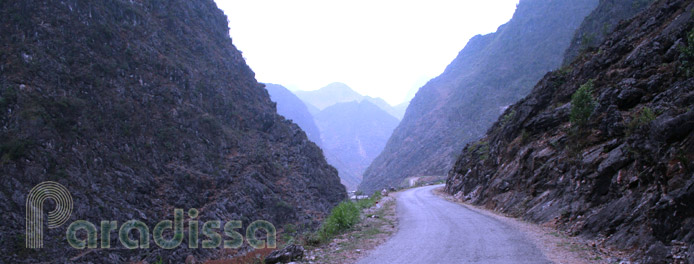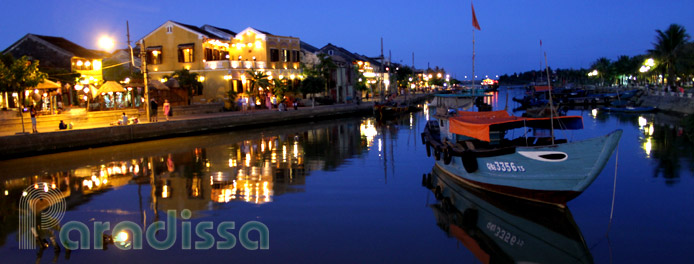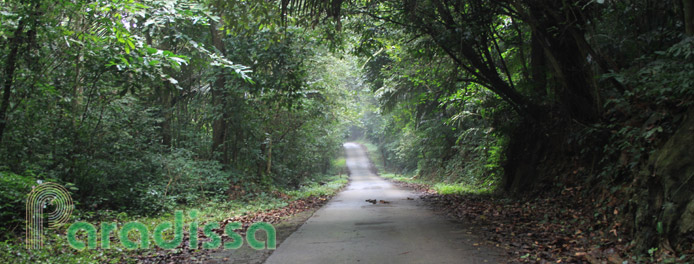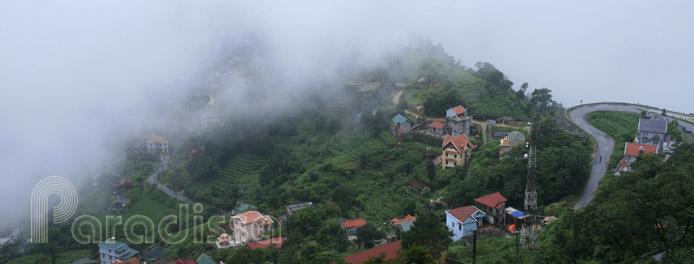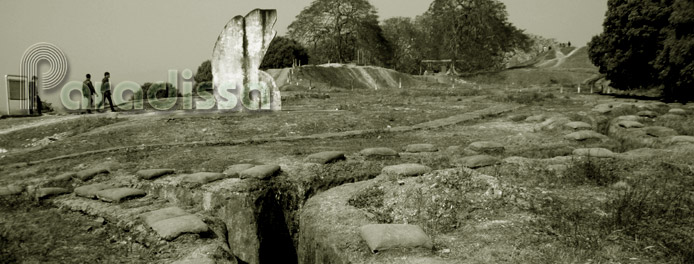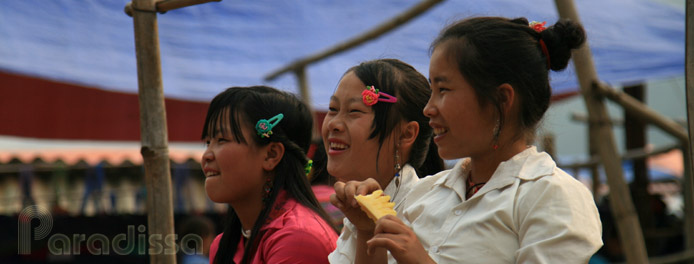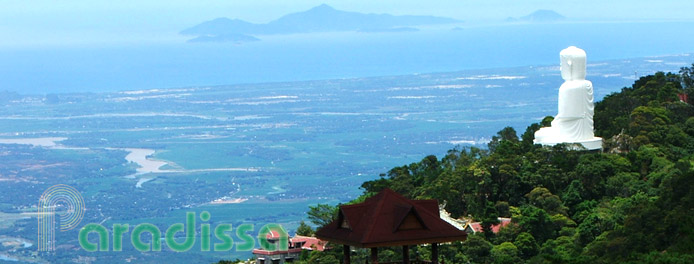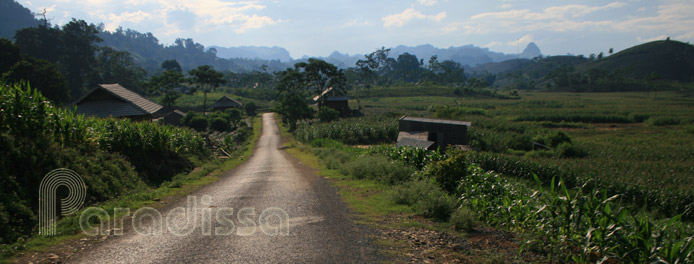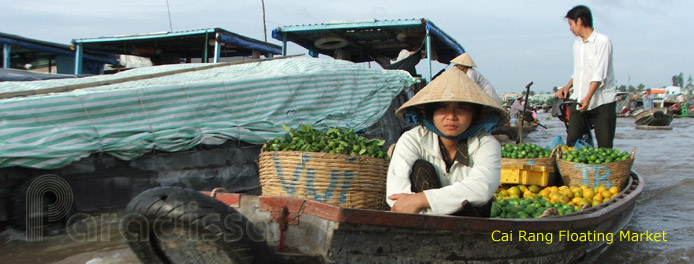Vietnam is primarily a cash based society although with an ever increasing number of travellers, Vietnam joining the international community and increasing international trade, credit cards are becoming more common. Especially from April 01, 2007 Vietnam is to fully open its financial sector to WTO member countries; the banking infrastructure is expected to get much better.
The Vietnamese currency is denominated as the Ðong (pronounced do-ong) is in paper and coins.
There are ATMs in different cities in Vietnam. It's more and more commond for the local to have plastic money. Some locals have redit cards for traveling abroad and for online trade. More and more locals have debit cards and use them for payments in day-to-day expenses. Many ATMs don't accept international credit cards.
According to the law, Dong is the only legal currency in trade within Vietnam. In reality, most places in travel-related and international trade industries still quote prices in dollar and will 'exchange' (convert) on the spot. US Dollar at some level is the second currency in Vietnam.
Nowadays all airport taxes have been included in the air tickets and the traveller doesn't have to bother about this anymore.
Money - The Bank Notes
The banknotes come in denominations of Ð200, Ð500, Ðl,000, Ð2,000, Ð5,000, Ðl0,000, Ð20,000, Ð50,000, Ð100,000, Ð200,000 and Ð500,000.
Internationally the currency is coded as VND but is not traded as it is not lawful to bring the currency out of Vietnam. And in reality, the Vietnamese money becomes useless outside of Vietnam. Be sure to spend the last penny in Vietnamese money before departing the country!
Especial care should be exercised when using the Vietnamese money. The reasons are that there're to many 'zero' and some denominations look similar such as D20, 000 and D 500, 000; D 10, 000 and D 100, 000.
Vietnam uses polymer notes to beat counterfeiters. In reality, some criminal cases related to money counterfeiting have been uncovered.
Money - The Coins
Commencing in 2003 Dec, the Central Bank of Vietnam started issuing Dong 1,000 and D5,000 coins followed by Dong200 and Dong2,000 on 2004 APR 01.
There is great resistance on the part of Vietnamese people, vendors and shop keepers to accept coins - they could be used to make interesting key fobs, however.
Currency exchange
The US Dollar is the most favored foreign currency and can be used as a second currency. European, Australian, British, Japanese, Singaporean, South Korean, Chinese Yuan and Thai currency, can usually be exchanged in cities; great difficulty may be encountered in trying to exchange any other currencies. There is no charge for changing money at banks.
It's recommended that the traveller in Vietnam always have a small amount of local currency in small denominations for daily expenses such as drinks, taxi fares, admission fees; and some US Dollars in cash for daily food and souvenirs.
Credit & debit cards
An increasing number of outlets accept MasterCard and Visa. However, outside main centers, it is wise to carry cash, in US Dollar. Check with your credit card company for details of merchant acceptability and other services which may be available. Foreign debit cards are not common in Vietnam at the time of writing.
Traveller's cheques
These are widely accepted in hotels and banks. To avoid additional exchange rate charges, travelers are advised to take traveller's cheques in US Dollars or Euros. There's no charge for cashing traveller's checques into Vietnamese currency. There's a charge of 1% for cashing traveller's checques into foreign currency.
Currency restrictions
The carrying of cash in Vietnamese currency with the amount from VND 15,000,000 or more; in USD with the amount from USD 5,000 or more when entering or exiting Vietnam is subject to declaration. The carrying of cash in other foreign currencies than USD is regulated as the carrying of USD with the amount converted into USD based on the current exchange rates.
Banks' working hours: 08:00 - 12:00/ 13:00 - 16:00 except for Saturday and Sunday.





















